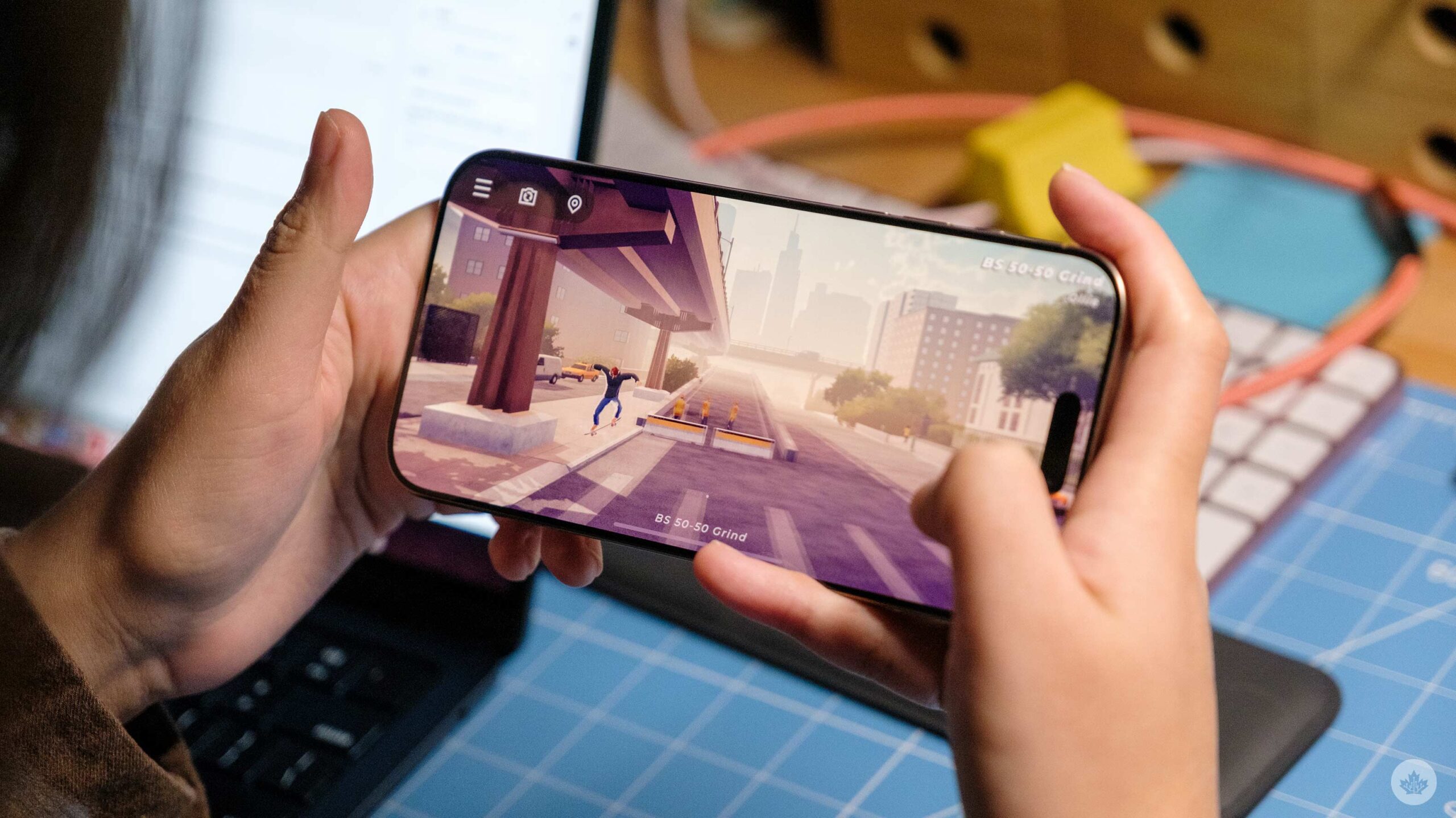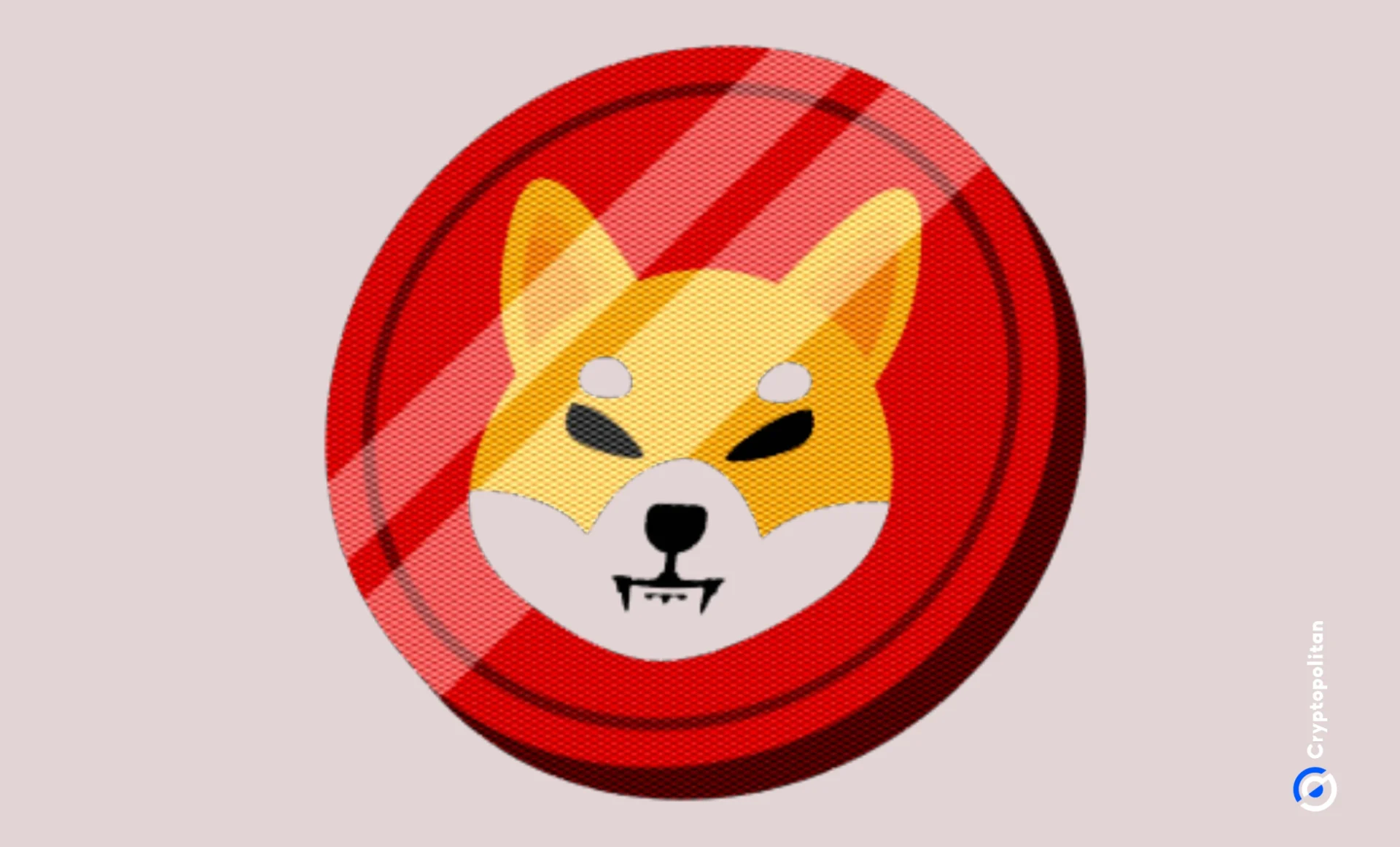In 2024, we gamed like it was 1997. Games like Metaphor: ReFantazio, Astro Bot, and the solo-developed Balatro remixed genres of console generations past (or, in Balatro’s case, remixed the very old game of poker itself) to critical and commercial success, while Capcom was one of the most successful companies of the year supported by a healthy mix of titles across different genres. With the industry’s biggest publishers increasingly chasing massive, broadly appealing games meant to be played forever, it was heartening to see old formats come back with some new tricks. And these successes could provide the blueprint needed to pull the video game industry out of its current tailspin.
Persona developer Atlus has once again innovated on the turn-based RPG with Metaphor: ReFantazio. What makes Metaphor’s combat interesting in a way that’s hard to replicate with traditional turn-based RPGs is that Atlus has built a unique ability system powered by anticipation and anxiety. Characters have access to powerful summons, each with their own abilities, along with strengths and weaknesses that enemies also share. Hitting an enemy’s weakness or having your own exploited results in monumental shifts in the momentum of battle. Every attack becomes consequential, as you don’t know what will work against your foes or what they have to work against you.
Atlus has built a unique ability system powered by anticipation and anxiety.
Despite dominating with games like Final Fantasy in the late ’80s and through the ’90s, turn-based RPGs have largely been left behind. (With the notable exception of the Dragon Quest series, which consistently sells beaucoup copies in Japan.) Modern tastes have evolved to prefer the active, frenetic, and combo-dependent combat of the action RPG over the passive, implied action of turn-based games. But through the Persona series, and now with Metaphor, Atlus has proven it is uniquely equipped to make turn-based RPGs feel just as kinetic and engaging as their action-based cousins.
The poker roguelike Balatro is perhaps the game that best represents the success that can be had by melding old genres with new features. Roguelikes can be a difficult sell, especially to players unfamiliar with the genre. To get them to stick, players not only have to be okay with the idea of failure as progression but also have to be invested enough in the game’s wider world to want to keep playing through it multiple times. For every Hades, there are hundreds of games on digital storefronts that blur together into smears of generic fantasy dungeon crawlers.
[Balatro is] catnip for the players who can’t resist “number go up.”
One of the reasons Balatro became an instant success was because it didn’t have that hurdle. Poker is known all over the world and hasn’t really changed much in the centuries since its invention. Balatro took advantage of that familiarity and combined it with great humor and an ingenious progression system that made it catnip for the players who can’t resist “number go up.” More than that, Balatro feels more permissive than its roguelike cousins. The best runs in Hades are typically the result of lucking into specific boons or items, whereas Balatro is lousy with jokers, card modifiers, perks, and more that make scores get stupid fast. Balatro took home a slew of Game Awards, and it probably would have won Game of the Year if not for that one meddling robot.
Speaking of… perhaps the biggest example of 2024’s Return trend is Astro Bot. Developed by Team Asobi, Astro Bot is a full-sized, standalone expansion of the PS5 pack-in game Astro’s Playroom that takes the little robot’s adventures beyond the confines of the PS5 console and into the wider universe. At its core, though, Astro Bot is a mascot platformer reminiscent of the games from PlayStation’s earliest days like Crash Bandicoot and Spyro the Dragon. Indeed, Astro Bot pays homage to those very characters, featuring them as robots to rescue along with other characters from PlayStation’s 30-year history.
Astro Bot is stuffed with so many items and secrets to collect. That kind of mechanic can get tedious in games suited to “modern” tastes like Assassin’s Creed, as finding things feels no better than ticking off a box in the slow march to 100 percent completion. But each of Astro’s powers — like the dog jetpack or the shrinking mouse — inject whimsy into the act of collecting. And when I do find a secret, I’m rewarded with a little celebration of cheering bots that somehow never gets old.
Mascot platformers fell out of favor, especially with PlayStation studios, despite initial success. Naughty Dog and Sucker Punch have transitioned away from the lightheartedness of Crash Bandicoot and Sly Cooper to make “serious” games for “mature” audiences, and PlayStation’s recent catalog reflects that overall trend. Astro Bot is an outlier in form and tone and parlayed that uniqueness into a shower of accolades. It would be such a missed opportunity if Sony didn’t respond to that success with similar projects.
When I do find a secret, I’m rewarded with a little celebration of cheering bots that somehow never gets old.
Over the last two years, prolific layoffs and studio closures have left tens of thousands of developers unemployed, in large part because companies spent too much money on getting bigger or developing huge, expensive games that may have made sense years ago but no longer do. Companies dumped hundreds of millions of dollars and considerable development resources into the next live-service shooter in hopes of replicating Fortnite and Call of Duty’s runaway success and profits. But as those games continue to top the monthly video game spending charts, refreshed by a steady cadence of new content, the idea that a newcomer like XDefiant could compete at that same level becomes increasingly remote. This leaves studios with an expensive product nobody wants to play, along with a pipeline of upcoming games too sparse to make up the difference.
But the way out of this precipitous (and avoidable) decline doesn’t necessarily mean giving up on the big multiplayer or open-world projects. Capcom, for example, has proven that “por qué no los dos” can be a winning strategy. The company has boasted record profits the last seven years with a diverse catalog composed of heavy hitters like Monster Hunter, Resident Evil remakes, and Street Fighter, along with smaller, weirder games like Dragon’s Dogma 2 and Kunitsu-gami: Path of The Goddess. Contrast that with Square Enix reporting less-than-expected profits after it failed to make Foamstars happen on top of releasing three different AAA Final Fantasy titles in a 12-month period. Capcom has the right idea and is doubling down on it, stating that it plans on “re-activating dormant IPs that haven’t had a new title launch recently” after revealing new entries in its Okami and Onimusha series.
But more than just appealing to gamer nostalgia, these success stories — which also extend to survival horror and Metroidvanias — offer a healthier alternative to the trends the big publishers and studios are pursuing. (Nintendo, of course, is always exempt from these generalizations.) While there will always be an appetite for big online shooters or bespoke open-world games with hours of Hollywood-acted voice and motion performance, these breakout releases of 2024 prove (or should at least remind decision-makers) that there is so much worth to also be found in smaller, quirkier, and most importantly, cheaper projects. If the big publishers want to staunch the bleeding of the last two miserable years, they could take the lessons Capcom, Balatro, Metaphor, and Astro Bot provide.










Leave a Comment